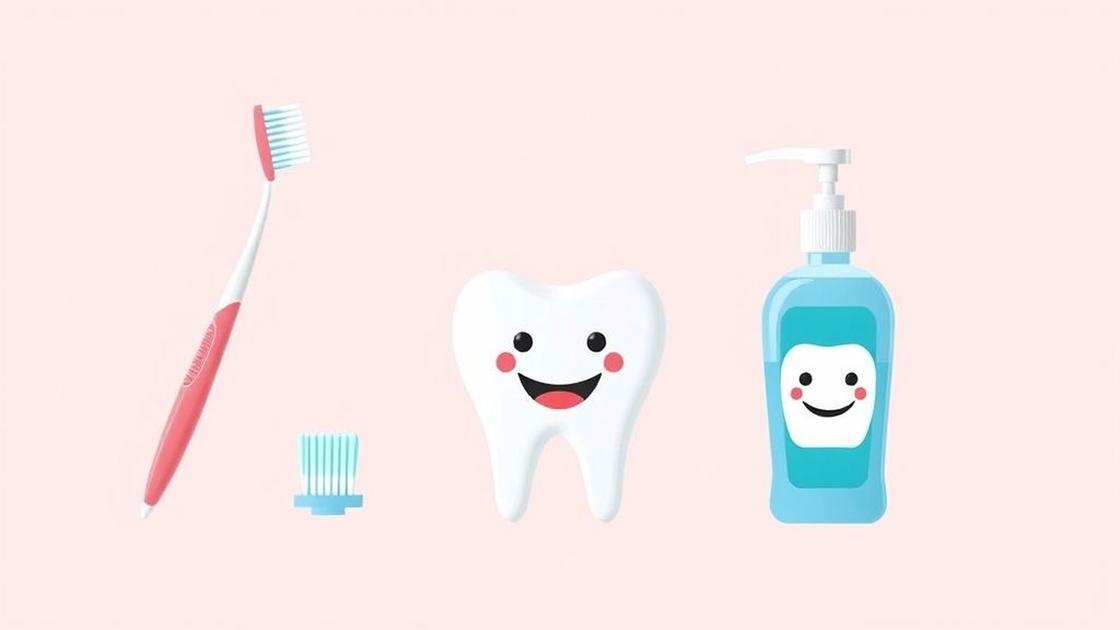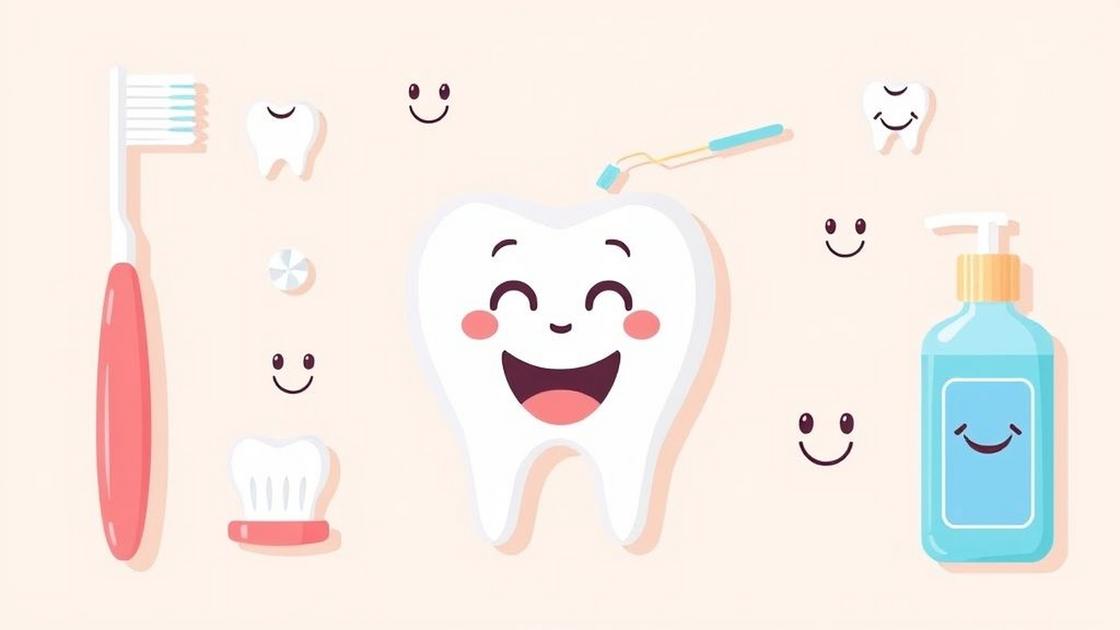Have you ever wondered how to strengthen teeth with calcium and vitamin D? Many women over 30 struggle with dental health, feeling frustrated with sensitivity and decay. Our teeth often mirror our internal health, reflecting deficiencies and lifestyle choices. In this guide, we’ll explore practical strategies to enhance your dental strength through the power of nutrition, especially emphasizing the roles of calcium and vitamin D, along with other key habits.
Understanding the Role of Calcium in Dental Health
Calcium is a vital mineral that plays a significant role in keeping our teeth strong and healthy. It works by helping to form the structure of our teeth and bones. When you consume enough calcium, it can help prevent tooth decay and tooth loss over time. Calcium helps in two main ways:
- Building Strong Enamel: The outer layer of your teeth, called enamel, needs calcium to stay strong. Without calcium, enamel can weaken, leading to cavities.
- Supporting Bone Health: Healthy jawbone supports your teeth. If you don’t have enough calcium, the jawbone can become weak and lead to issues with tooth stability.
For women above 30, maintaining mental and physical well-being are often observed, and calcium can play an essential role in contributing to overall dental health.
The Importance of Vitamin D for Strong Teeth
Vitamin D is often called the ‘sunshine vitamin’ because our bodies can produce it in response to sunlight. However, it is crucial for more than just bone health; it also helps your body absorb calcium effectively! Without enough vitamin D, your body cannot utilize calcium, making it harder to keep your teeth and bones strong.
Additionally, vitamin D has a positive effect on your immune system, which helps reduce the risk of gum disease. This can be particularly important for women experiencing hormonal changes throughout life that may impact oral health.
Daily Foods Rich in Calcium and Vitamin D
Incorporating foods rich in calcium and vitamin D into your diet can significantly improve your dental health. Here’s a list of foods you can enjoy:
- Dairy Products: Milk, cheese, and yogurt are excellent sources of calcium and often fortified with vitamin D.
- Leafy Greens: Vegetables such as kale, spinach, and collard greens are rich in calcium.
- Fatty Fish: Salmon, mackerel, and sardines not only provide vitamin D but also omega-3 fatty acids, which are great for overall health.
- Fortified Foods: Some cereals and orange juice are fortified with both calcium and vitamin D, making them easy additions to your meal plan.
These food choices can help you find joy in each bite while nurturing your smile.
How to Incorporate Calcium and Vitamin D into Your Diet
It can sometimes be a challenge to ensure you’re getting enough calcium and vitamin D. Here are some simple tips to boost your intake:
- Start Your Day with Breakfast: Opt for a fortified cereal with milk. You can also add a handful of nuts or seeds for an extra boost.
- Snack Wisely: Swap sugary snacks for yogurt, cottage cheese, or even a smoothie packed with leafy greens.
- Plan Your Meals: Include a serving of fish two to three times a week. Try grilling or baking fish for a tasty dinner option.
- Stay Hydrated: Drink fortified orange juice or plant-based milk that contains added calcium and vitamin D.
These steps can help create a nutrient-rich foundation that supports not just dental health, but overall well-being.
The Link Between Oral Hygiene and Nutrient Absorption
Good dental hygiene is essential for the absorption of nutrients like calcium and vitamin D. If gum disease or cavities are present, the body cannot readily absorb these important vitamins and minerals. Keep your gums healthy by:
- Brushing Regularly: Brush twice a day for two minutes with fluoride toothpaste.
- Flossing Daily: Flossing helps remove food particles and plaque between your teeth where a toothbrush can’t reach.
- Regular Dental Visits: Make sure you see your dentist every six months for checkups and cleanings.
These practices not only keep your mouth fresh, they also ensure your body is properly absorbing the nutrients needed for bright, strong teeth.
Impact of Hormonal Changes on Dental Health
Women experience various hormonal changes throughout life that can impact oral health, affecting the way nutrients are absorbed. Conditions like pregnancy, menopause, or hormone imbalances can increase the risk of dental issues. For instance:
- Pregnancy: Increased hormone levels can lead to gum problems and reduce your body’s ability to absorb calcium.
- Menopause: Decreased estrogen can affect your jawbone density, hence impacting teeth stability.
Understanding these changes is crucial for women aiming to manage dental health effectively.
Natural Remedies to Boost Calcium and Vitamin D Levels
There are several natural approaches to increase your calcium and vitamin D levels if dietary changes are not sufficient. Consider these options:
- Sunlight Exposure: Aim for 15–20 minutes of sunlight three times a week, properly shielding yourself from harmful rays.
- Herbal Supplements: Options like alfalfa, dandelion greens, and nettle can boost calcium levels.
- Vitamin D Supplements: If you find it hard to get enough through diet alone, consider speaking to your doctor about vitamin D supplements.
Natural methods can help create a more holistic approach to your dental health journey.
Common Misconceptions About Dental Health Supplements
Many women may struggle with information surrounding dental health supplements. Common myths include:
- Only Dairy Has Calcium: While dairy is rich in calcium, there are plenty of alternatives, such as leafy greens, fortified products, and nuts.
- You Don’t Need Calcium If You Eat Well: Even if you have a balanced diet, certain factors like age or hormonal changes can influence your absorption needs.
Debunking these myths empowers women to take charge of their dental health.
Creating a Balanced Diet for Strong Teeth
Building a balanced diet is key to achieving stronger teeth. Focus on including:
- Colorful Fruits and Vegetables: The more colors on your plate, the more nutrients you are likely consuming.
- Whole Grains: Foods like brown rice, whole-wheat bread, and oats provide essential nutrients without added sugars.
- Lean Proteins: Incorporating sources such as legumes, beans, and lean meats support dental and overall health.
Crafting a balanced plate can not only taste delightful but also help nurture your smile.
Encouragement and Steps to Take for Better Dental Health
It’s vital to remember that improving your dental health is possible! By making small, consistent changes, you can strengthen your teeth and experience renewed confidence in your smile. Start your journey by:
- Assessing Your Diet: Look for areas where you can incorporate more calcium and vitamin D.
- Establishing Routine: Create a daily oral hygiene schedule that includes brushing and flossing.
- Seeking Support: If you’re unsure where to start, consider reaching out to a nutritionist or a healthcare provider.
By taking these steps, you are showing love not only to your teeth but also to yourself. Empowered women like yourself have transformed their dental health and overall well-being following a simple, steady path. You, too, can achieve this! Every small step counts, and it’s never too late to embrace a healthier lifestyle. Believe in your ability to make positive changes!






